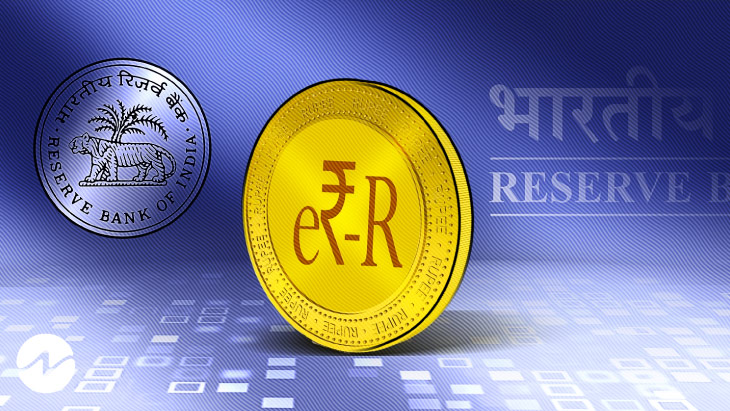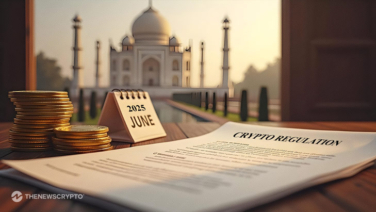- The central bank will include an additional nine cities and four other institutions later.
- Participants in the trial will be limited to a select set of consumers and retailers.
The Reserve Bank of India (RBI) stated on Tuesday that it would begin testing its retail central bank digital currency (CBDC), the digital rupee, in Mumbai, New Delhi, Bengaluru, and Bhubaneswar with the first cooperation of four banks: State Bank of India, ICICI Bank, Yes Bank, and IDFC First Bank. The central bank has said that the pilot programme would be expanded to include an additional nine cities and four other institutions.
Since the e-Rupee will be recognized as legal money. It will have the same trustworthiness, security, and conclusiveness as traditional currency. The RBI has also been quite precise in clarifying that the e-Rupee would not be an incentive-bearing currency. And one will be able to exchange it for other forms like bank deposits.
Pilot Test in Controlled Environment
Participants in the trial will be limited to a select set of consumers and retailers. In the same denominations as paper money and metal coins, the CBDC will be distributed. QR codes will be used to make purchases, and much like cash, the digital rupee will not accrue interest.
The decision to launch the pilot on Dec. 1 was revealed in October. In her budget address in February, Finance Minister Nirmala Sitharaman said that a digital rupee will be issued in the fiscal year ending in 2023.
The purpose of the pilot is to determine the resilience of the technology and also the process of digital rupee generation, distribution, and storage in real-time. In the future, RBI plans to conduct experiments with the e-functionality Rupee’s in a variety of contexts.
CBDC allows for P2P (Person to Person) and P2M (Person to Merchant) transactions. This is via the scanning of QR codes at stores or in digital wallets.








